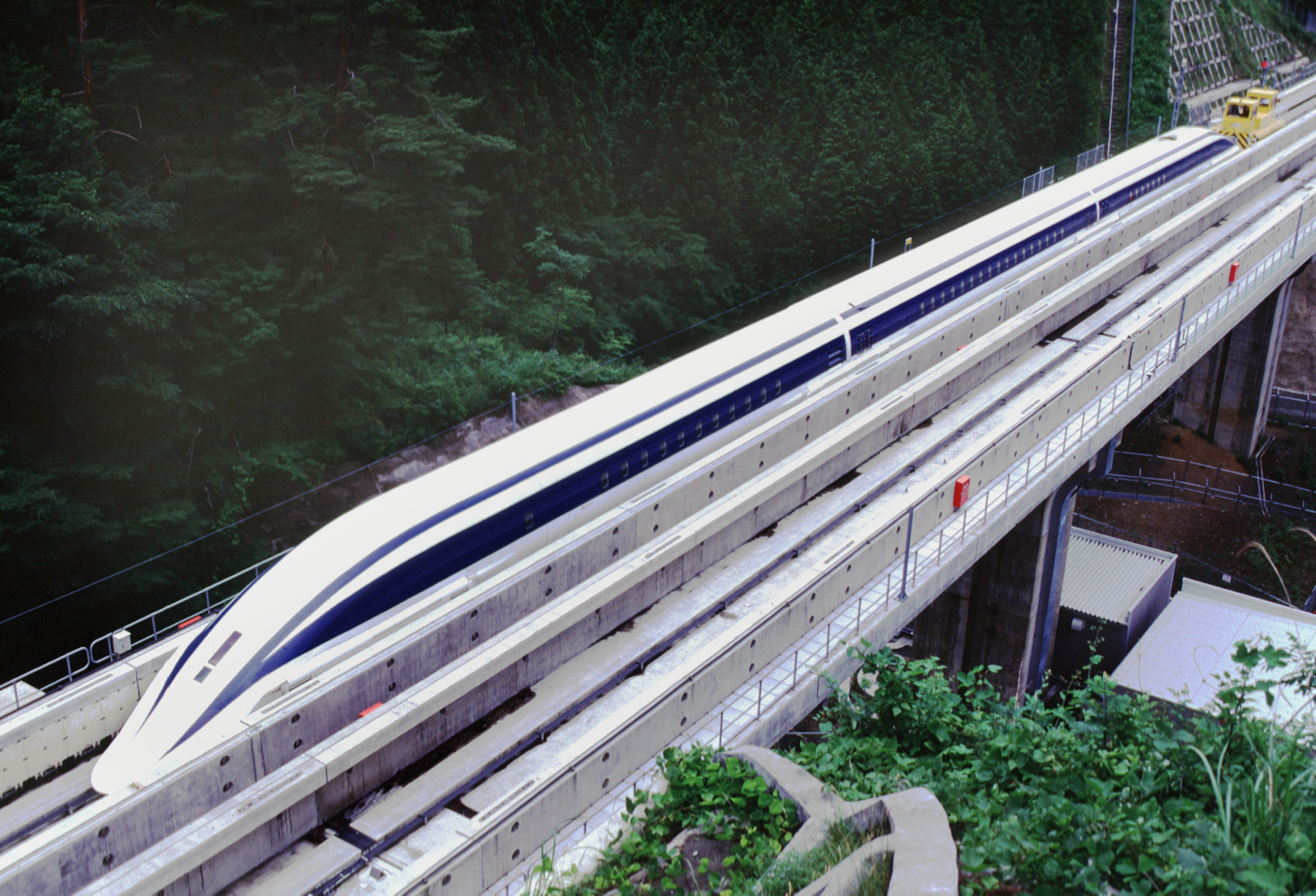Groundbreaking Tech Gives Stroke Survivors a New Chance at Regaining Hand Function

Hope for Stroke Recovery: Innovative Technology Restores Hand Function
For stroke survivors struggling to regain hand function, a new technological breakthrough is offering a beacon of hope. Researchers have developed a novel system that combines advanced robotics, virtual reality, and artificial intelligence to help patients relearn motor skills and improve their quality of life. This development represents a significant step forward in stroke rehabilitation, providing a potentially more effective and engaging treatment option.
Understanding the Challenge of Stroke Recovery
Stroke is a leading cause of long-term disability, and regaining motor function, particularly in the hand, is a common and often arduous challenge for survivors. Traditional rehabilitation methods, while valuable, can be time-consuming and may not always yield optimal results. The new technology aims to address these limitations by providing a more targeted and immersive rehabilitation experience.
How the Technology Works
The system utilizes a robotic exoskeleton worn on the hand and arm. This exoskeleton provides support and assistance to the patient while they perform virtual tasks in a VR environment. The AI component monitors the patient’s movements and adapts the level of assistance provided in real-time. This personalized approach ensures that patients are challenged appropriately, maximizing their potential for improvement.
Benefits of the Innovative Approach
- Increased Engagement: The VR environment makes therapy more engaging and motivating for patients, leading to better adherence to the rehabilitation program.
- Personalized Treatment: The AI adapts to each patient's individual needs and progress, ensuring optimal challenge and support.
- Improved Motor Skills: The combination of robotics and VR helps patients relearn fine motor skills and improve hand dexterity.
- Potential for Faster Recovery: Early results suggest that this technology may accelerate the recovery process and lead to better long-term outcomes.
Beyond Hand Function: A Broader Impact
While the initial focus is on hand function, researchers believe that this technology could be adapted to address other motor impairments resulting from stroke or other neurological conditions. The potential applications are vast, and further research is underway to explore these possibilities.
Other News Briefs: United Flight Declares 'Mayday' and Zoo Seeks Pet Food Donations
In separate news, a United Airlines flight carrying over 200 passengers declared a 'mayday' emergency after experiencing an engine failure shortly after taking off from Washington D.C. The flight made a safe return to the airport. Meanwhile, the local zoo is appealing for donations of small pet food to help feed its carnivores. The zoo's animal care team is facing increased costs and is asking the public to support their efforts.
Looking Ahead
The development of this new technology represents a significant advancement in stroke rehabilitation. As research continues and the system becomes more widely available, it has the potential to transform the lives of countless stroke survivors, offering them a renewed chance at independence and a better quality of life.






